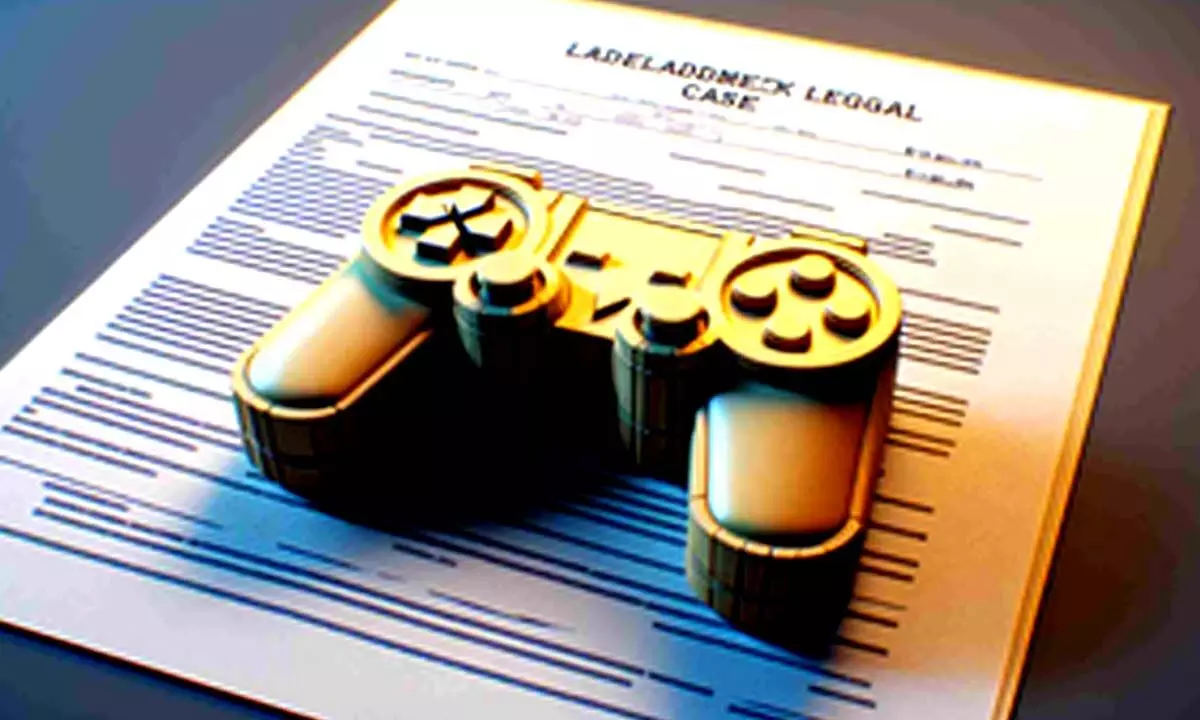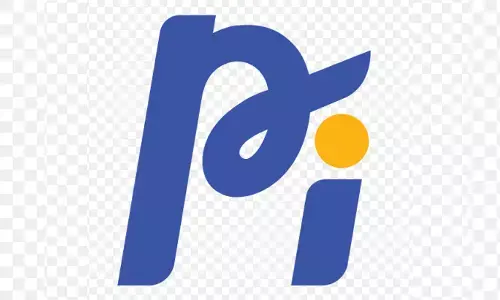Significance of Intellectual Property in Game industry

Ensuring you have a well-defined and aggressive IP strategy in place is crucial to your success as a game developer in today's increasingly competitive industry. Many individual developers are unfamiliar with the value of the intellectual property (IP) in protecting their economic interests. However, regardless of the company's size, all developers should have a fundamental awareness of their intellectual property rights. To know more consult experts like HHS IP Lawyers in Dubai
Why is intellectual property so crucial for Game developers?
Developers put a lot of time, effort, and money into their projects, and it might take many years for them to build and publish a new game. Protecting unique characteristics such as game names, characters, and design is critical to maximize financial benefit and prevent others from stealing their ideas and reputation by launching games with identical features.
Suppose creators wish to sell their game or firm to a major corporation. Having registered IP rights increases the value and makes it more appealing to prospective investors. It enables them to generate additional income streams by leasing the right to use their registered IP rights to a third party.
What are the most common forms of IP in the Game industry?
Copyrights, patents, trademarks, and industrial designs are the necessary rights in the gaming business.
1. Copyright:
Copyright is an automatic right that may apply to original literary, musical, and artistic works and protects the creative expression into a video game. It might include a game's code, music, characters, or plot, and the protection it offers helps prevent such aspects from being duplicated.
2. Patent protection
Patent protection covers both the hardware and technological solutions used in a game and the novel gameplay. This sort of intellectual property protects technical qualities, which means that no other business may put into the market any product or procedure that shares the patent right's technical features.
In certain places of the globe, it is also feasible to protect the features of game engines. Still, the industry has traditionally seen such protection as contradictory to industry norms: many think that game engine components should be freely accessible for others to build upon.
3. Trademarks
A gaming company's name and logo may be protected by registering a trademark. Trademarks are unique from patents in that they are used to preserve distinctive signs used in commerce to distinguish products and services. This sign may be a word (or words), logos, or other signals used to identify.
4. Design
Industrial design, sometimes known as 'designs,' protects the look of a particular object. These rights do not cover any technological functioning but solely outward elements of the object and its decoration, such as lines, contours, colours, form, texture, and materials.
A design holder has the unique right to commercially utilize a product with a specified look, independent of product type. These registrations make it difficult for any other company to benefit from any product that looks at the topic covered by the design registration without permission.
Role of Intellectual Property in the Game Industry
As a first step in preserving intellectual property, game creators should determine what type of IP rights they or their organization may have. While it would be ideal for safeguarding all of the many sorts of intellectual property (IP) that pertain to their games and business, many in the industry have budget constraints, and technological advancements may come quickly, creating several challenges.
There are several factors to consider when protecting a developer's intellectual property (IP). If a developer possesses time-sensitive IP, such as patents or industrial designs, they will consider these variables when determining which IP assets are most crucial for development and commercialization. Developing a plan that works for a specific game is essential, and timing may be critical since each of the numerous sorts of intellectual property has repercussions for not taking action by a specified period.
Talking strategy with legal counsel should be a part of every game development process. When it comes to the video game business, there are numerous problems to overcome due to its ever-evolving nature in terms of both creative, technical, and commercial aspects.
Conclusion
Developers that want to get a leg up on the competition should put IP protection at the top of their list. It may make the difference between making a profit off their game and watching all of their hard work go to waste. Developers may reap the benefits of a multi-billion-dollar sector provided they take the time to grasp the various types of intellectual property, get experienced legal assistance, and put protection in place at the earliest opportunity.
For more information on the protection of Intellectual Property in the gaming industry, please don't hesitate to contact us today.

















